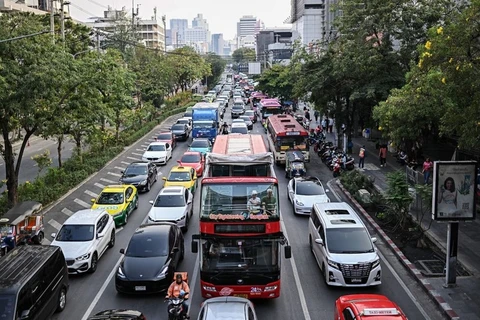
Bangkok (VNA) - Honda Motor announced on July 9 that it will cease vehicle production at its Ayutthaya factory in Thailand by 2025 to focus on consolidating operations at the Prachin Buri plant, also in the Southeast Asian country.
This shift underscores the increasing challenges Japan’s second-largest automaker is facing in Southeast Asia, as Chinese brands are aggressively vying for market share in Thailand amidst rising consumer interest in electric vehicles (EVs).
A spokesperson confirmed that after ceasing vehicle production, the Ayutthaya plant, which became operational in 1996, will pivot to manufacturing car parts. Vehicle production will be centralised at the Prachin Buri plant, operational since 2016. These two are Honda’s only manufacturing plants in Thailand.
The combined vehicle production at these plants has declined from 228,000 units in 2019 to below 150,000 annually over the past four years through 2023.
Sales in Thailand have also dropped, remaining under 100,000 units annually for the same period.
The spokesperson noted that Honda aims to address the disparity between production and sales within Thailand. Despite these local challenges, Honda continues to export vehicles from Thailand to other Southeast Asian markets like Indonesia and the Philippines. Currently, Honda has no plans for new investments in Thailand./.






















